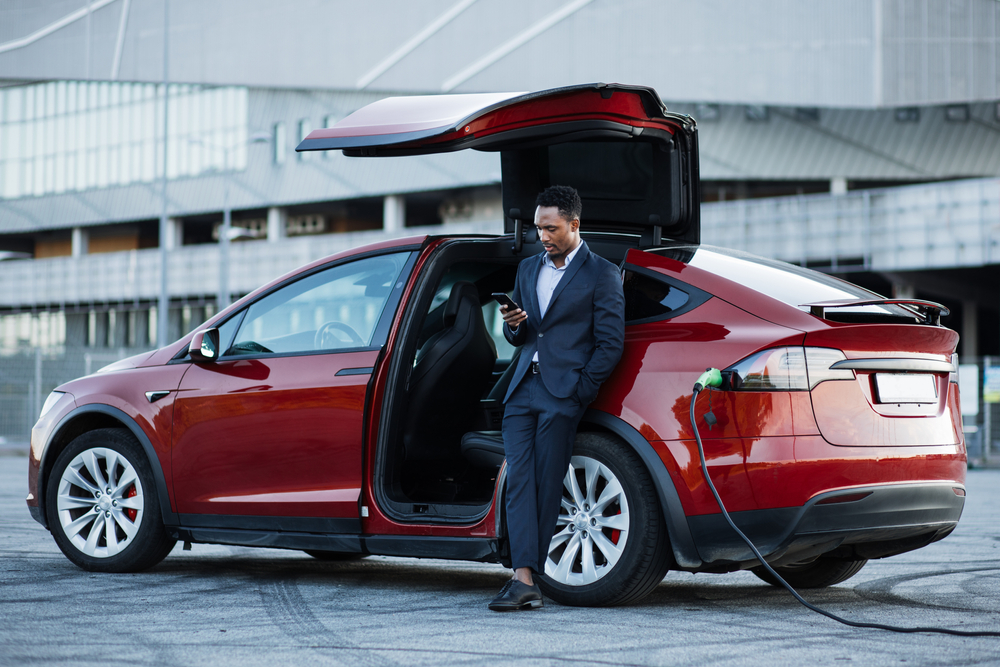Is the electric vehicle race over before it’s truly begun? That certainly looks to be the case if you dive into the sales data for the first six months of 2023, with Tesla so far ahead of the competition it’s hard to see the catching up anytime in the near future.
Tesla has sold 25,577 cars in the first half of 2023, which accounts for 76.5 per cent of the entire electric vehicle market. The closest challenger is China’s BYD with its Atto 3 selling 6196 examples in the first six months of the year.
In contrast, the ‘big three’ German luxury brands – Audi, BMW and Mercedes-Benz – have managed to sell a total of 2030 EVs in the first half of the year, despite offering 10 different models across the respective brands.
Which puts Tesla in the box seat as the automotive world begins to move to an electric future. Any car maker will tell you it’s easier to keep a customer within your brand than it is to attract them in the first place. Which means, as Tesla’s sales continue to grow and it attracts more and more customers, it puts itself in a better position to sustain this success into the future.
Assuming the American brand can provide a positive experience to its owners, there’s less reason for them to look outside the brand and stick with Tesla as long as they can continue to provide a suitable model to move into.
It’s the same principle that allowed the likes of Toyota, Hyundai and Kia to grow over the last few decades.
The Hyundai Excel is perhaps the best example of this idea, with the small car once a popular and affordable choice for buyers looking for their first new car. Hyundai was able to give enough of those buyers a positive ownership experience that many have likely stuck with the brand over the years and allowed it to grow and become more premium.
The Tesla Model Y has the potential to have a similar impact on the luxury market. It will be the first EV for most of their customers and if it’s relatively trouble-free then those buyers will be less likely to try another brand, even if it’s Mercedes-Benz or BMW.
You could argue it’s already happening, with Mercedes offering a strong line-up of EVs, with the EQA, EQB, EQC, EQE and EQS already available in Australia as alternatives to Tesla’s offerings, but those five models have only managed 1114 total sales this year.
Audi is in an even trickier position, with its electric options limited to the high-end Q8 e-tron and e-tron GT, resulting in just 273 sales. The four-ring brand’s local management has made it clear in the past that it sees the Q4 e-tron as its best chance at a volume-selling EV, but so far hasn’t locked in a timeframe for when that car will even go on sale in Australia.
While these more-established brands are confident that their aftersales and ownership experiences with customers will help lure buyers away from Tesla eventually, that is looking like an increasingly risky strategy as sales of the Model 3 and Model Y continue to remain so much stronger than the competition.






